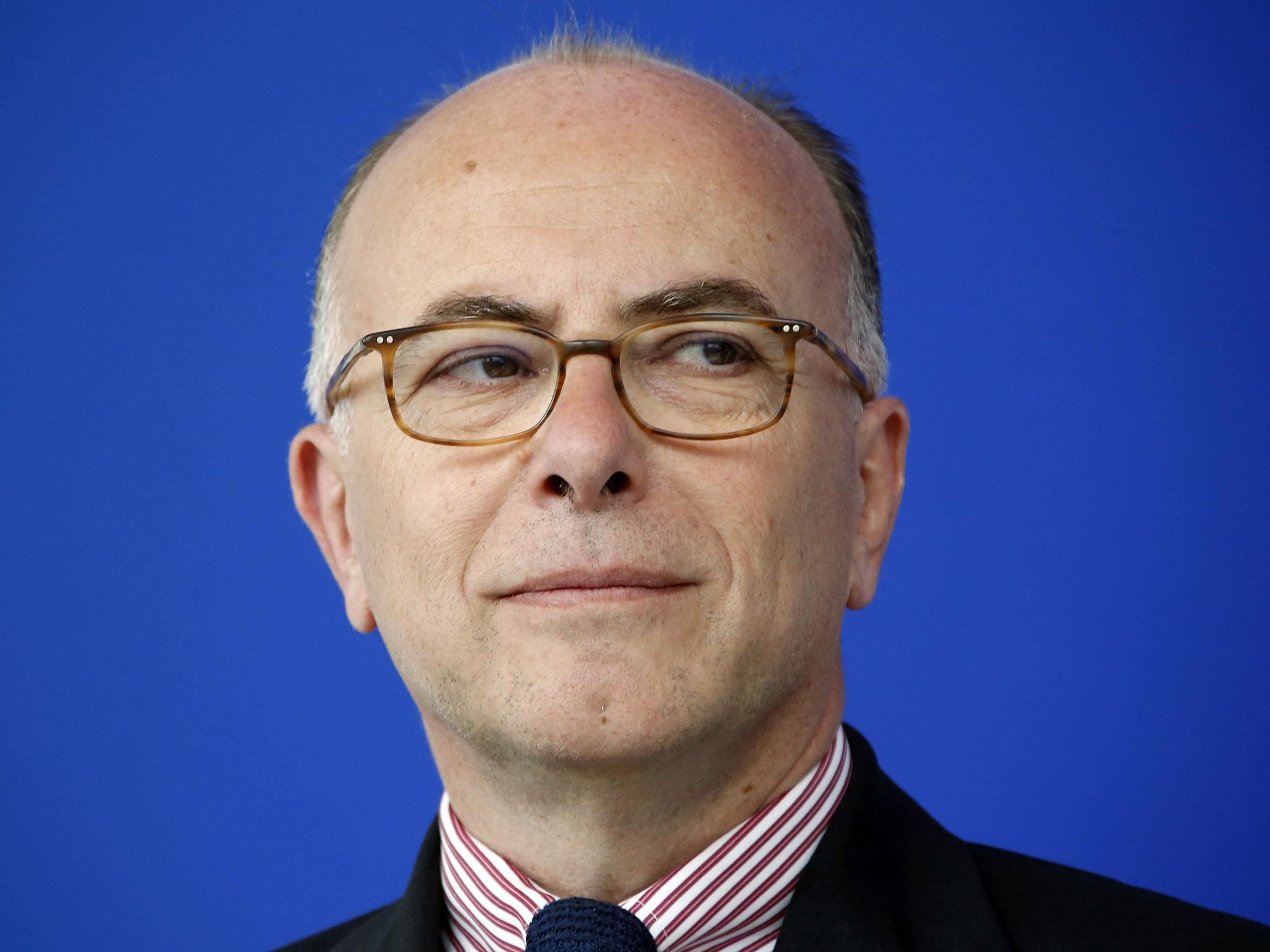Terror threat still 'very high' in France six months after the Paris attacks
However, the country's interior minister, Bernard Cazeneuve, says the EU has made progress in efforts to combat terrorism 'largely thanks to Fench pressure'

Six months on from the worst attack on French soil since World War Two, the terrorist threat remains “very high" the interior minister, Bernard Cazeneuve has said.
He revealed on Thursday that 101 people had been arrested in France on suspicion of terrorist activity since the triple assault on the Paris area on 13 November which killed 130 people.
Mr Cazeneuve promised an “exceptional deployment” of police and soldiers to protect two large sporting events in France this June and July – the Euro 2016 football competition and the Tour de France cycle race.
In an interview with a group of French regional newspapers, the interior minister said the European Union had made progress in joint action to combat terrorism since the Paris attacks in November and the Brussels attacks on 22 March.
“At European level, largely thanks to Fench pressure, things are moving forward,” he said.
Mr Cazeneuve singled out that fact that European Parliament had finally adopted a law introducing a Passenger Name Record system in the EU. By forcing airlines to share information with member states, this “will enhance our detection capabilities of jihadists' movements”, he said.
On 13 November 2015, ten terrorists, operating from Brussels under the command of Islamic State in Syria, attacked three groups of targets in the Paris area. The attacks killed 130 people – including 90 in the Bataclan concert hall in central Paris.
Seven of the terrorists were killed or blew themselves up on the night. Two, including the presumed leader, Abdelhamid Abaaoud, were killed in a police assault on their hide-out north of Paris four days later.
The tenth suspected attacker, Salah Abdeslam, who failed to carry out a suicide bombing and fled home to Brussels, was arrested by Belgian police in March and extradited to France last month. He is being questioned by French investigators but his trial is unlikely to take place for several years.
French media reports on the progress of the joint French and Belgian investigation into the attacks suggest that many questions remain unanswered.
Le Figaro reported that investigators believe that there were at least 40 people in Brussels-based terror network which carried out both the Paris and Brussels attacks. Twelve had died and 20 were under arrest, mostly in Belgium but also in France and Austria. This left around eight people unaccounted for.
Although Abdelhamid Abaaoud is believed to have been the “operational leader” on 13 November, the mastermind behind the attacks has yet to be identified.
French investigators are interested in the role of a man code-named “Abou Ahmad”, based in Syria, who is thought to have played a significant role in planning the Paris attacks.
The 101 people arrested in France in the last six months, using emergency powers which have been extended until the end of July, were involved directly or indirectly in other jihadist activities. None is believed to have been involved in the Paris or Brussels attacks.
Mr Cazeneuve said on Thursday that the emergency powers had also allowed France to refuse to admit 17,500 people suspected of jihadist sympathies.
Join our commenting forum
Join thought-provoking conversations, follow other Independent readers and see their replies
Comments
Bookmark popover
Removed from bookmarks